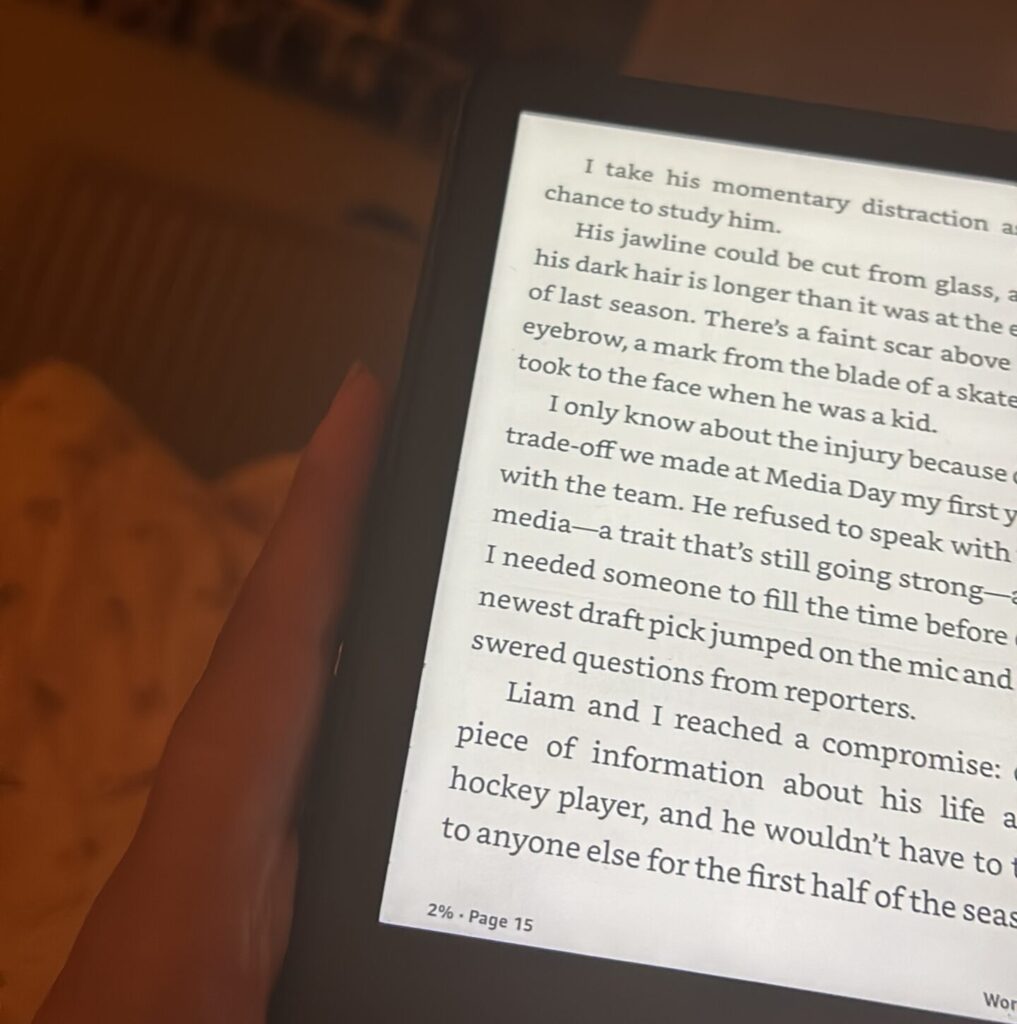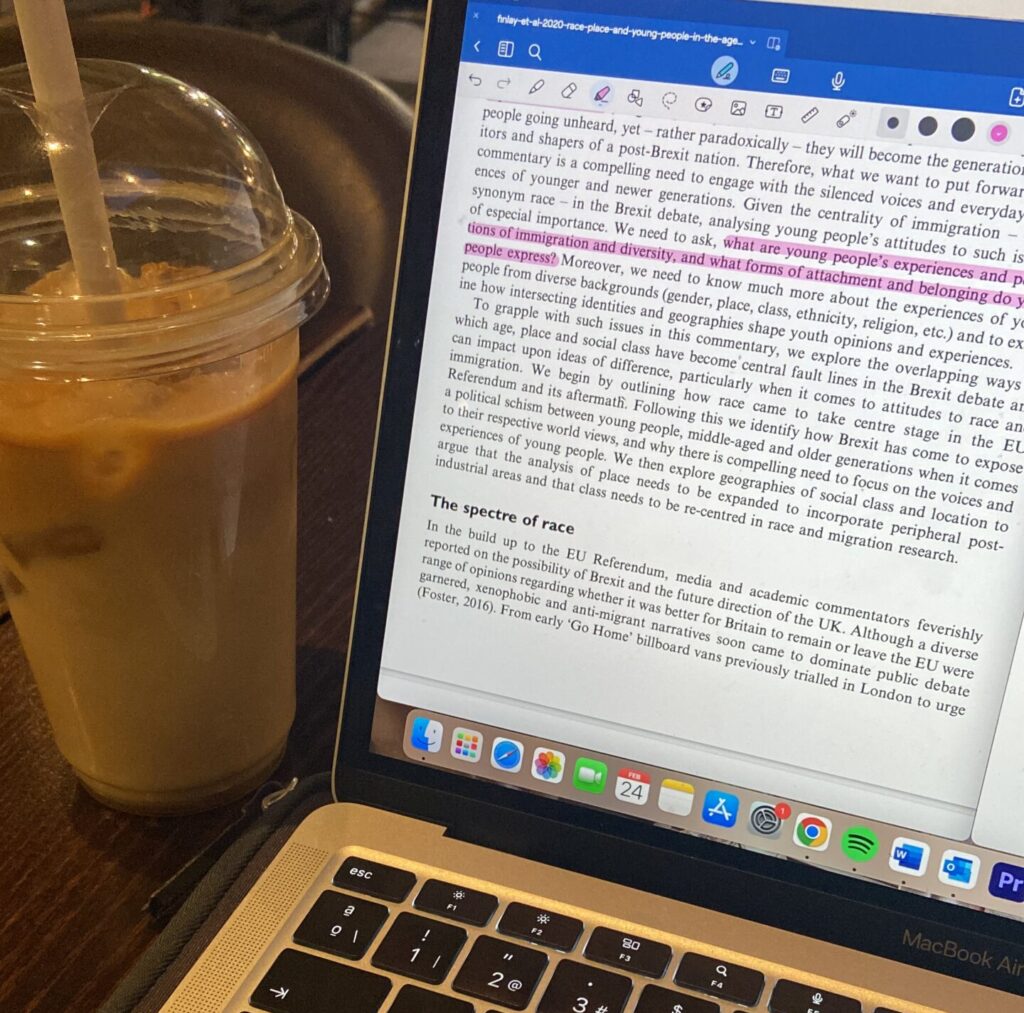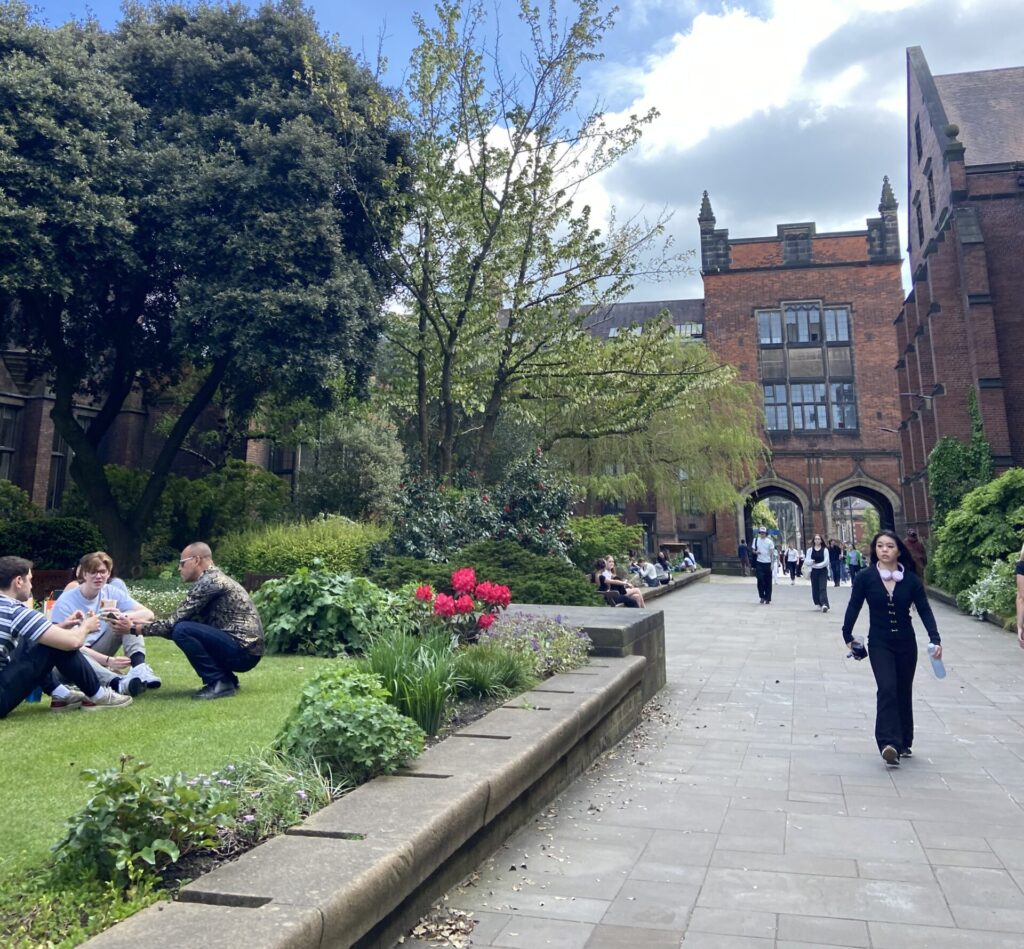Newcastle University is known for its outstanding academic programs, vibrant student life and rich culture and history. However, among the pressures that students suffer throughout the academic year – attending to lectures and deadlines, part-time jobs, etc. – one activity that stands out as a challenge is reading for pleasure.
For many students, reading recreationally can seem like a luxury. They don’t have time for it. With busy schedules filled with seminars, lectures and computer labs, it cannot be easy to find a moment to sit down and relax with a book and forget about university work for a moment.
For many, reading is essential to release stress after long hours of studying and attending lectures. However, the challenge is finding time to fit it in. With deadlines, homework and social life, prioritising reading requires time management and effort.

Grace Boyle, a third-year Journalism student states that ‘When I’m busy during term, I tend to go for more audiobooks, this way I can listen to books on the go whilst I get ready or when I’m travelling to uni’.
For some, the key to fit reading into their busy schedules is planning and creating routines around this hobby, to ensure they have some downtime. Whether it’s a chapter during breakfast or between classes, these periods of time can add up over their week.
‘I enjoy reading at home or in a café, but with my uni schedule, it doesn’t happen often’, states Grace. ‘When you’re reading for your course, it can feel like there’s no room for anything else, but I’ve found that reading for fun helps me recharge’.


Many try to fit some of this reading while using public transport, also using breaks between lectures to clear their mind before their next class. Newcastle University’s campus, known for its history and modern buildings, offers different places where students can have some downtime, even if it’s for a short period of time.
The university’s libraries, especially the Philip Robinson, are known for their spacious and quiet study areas. Still, they also offer an extensive collection of books – academic and several contemporary works – and a comfortable environment, encouraging students to spend time with their books outside of their scholarly work.
While university life can make it challenging to buy books for pleasure, Newcastle’s bookshops and literary culture offer great deals for students who want to keep up with their literary reading.
The university’s bookshop, Blackwell’s, provides a great range of academic and non-academic works. However, most students tend to buy books from local independent bookshops and charity shops, not only for their price but also for the great selection of titles.
Newcastle is filled with second-hand books shops, like The Literary and Philosophical Society or Newcastle’s Oxfam Bookshop, with different locations across the city. Students can find everything from contemporary bestsellers to classic novels at great prices.
Charity shops are a goldmine, offering novels for only £1, making reading accessible for everyone.
Newcastle not only offers second-hand bookshops, it is also home to the annual Newcastle Science Festival and the Newcastle Noir Crime Fiction festival, both attracting authors and readers from different parts of the world.
‘I went to the Newcastle Noir Crime Fiction festival this past December and I got to meet authors and discover new books’, says Niamh, a second-year Psycology student. ‘I went during deadline season and it was a great way to take my mind off those assessments’.
In today’s digital age, social media platforms like Goodreads and Instagram have become essentials for students to stay connected with their communities. Apart from these platforms, Newcastle University Book Club offers great activities: from monthly book discussions, book related trips and social activities.
One of the biggest challenges for students is not just finding time for reading, but also creating a balance between social and academic life. It may seem daunting but many students agree that dedicating time to read recreationally helps reduce stress and it has helped shape the future of many students.
‘Margaret Atwood and The Handmaids Tale was a big one for me’, states Grace. ‘Is a non-fiction book about AI and sharing knowledge in the digital world, which couldn’t describe our century better.’
Newcastle University students continue to find creative ways to incorporate reading into their tight schedules. Whether it’s through audiobooks, e-reaers, attending local festivals, or joining book clubs, they show how they engage with reading even in their busiest times.
The city of Newcastle, with its wealth of independent bookshops, literary events, and student communities, provides an incredible environment for students that show their love for literature and reading. With dedication and a bit of time management, reading for pleasure remains and essential part of student life.